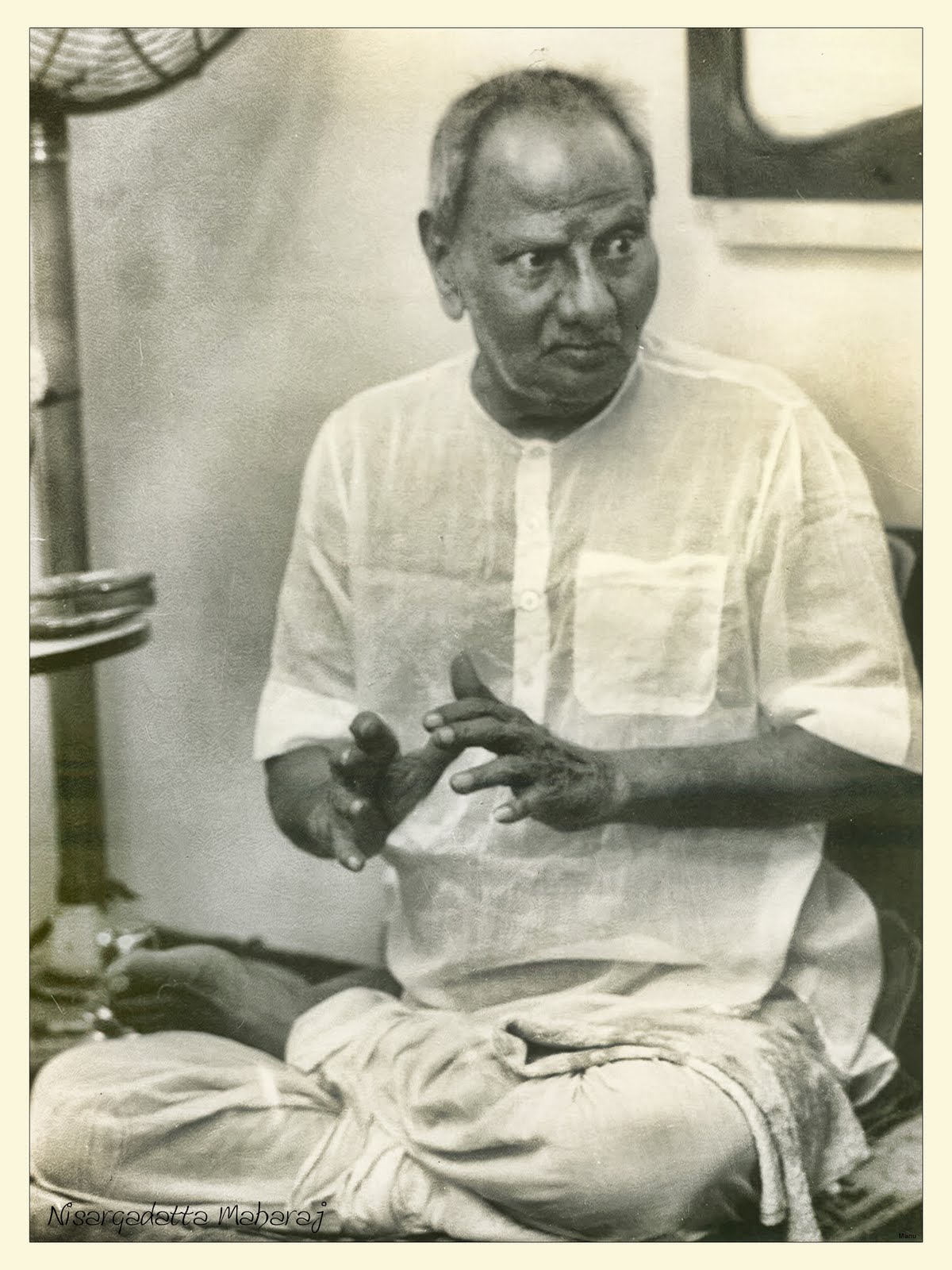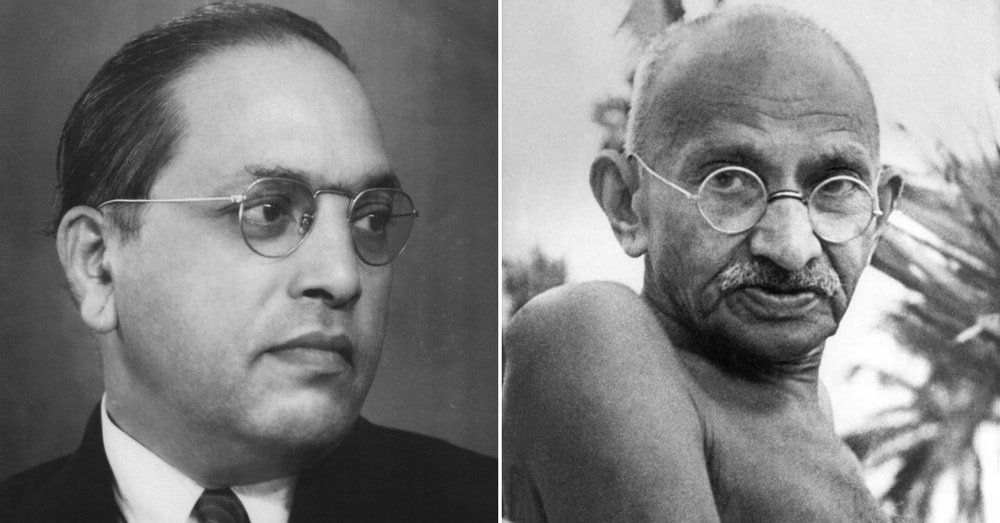- Visitor:27
- Published on:
The Romantic View of Human Relations
The triumph of the romantic view of education was doubly disastrous because it coincided with the triumph of the romantic view of human relations, especially family relations. This view goes something like this: the object of human life being happiness, and the fact that many marriages are unhappy being patent and obvious; it is time to found human relationships not upon such extraneous and unromantic bases as social obligation, financial interest, and duty, but upon nothing other than love, affection and inclination. All attempts at stability founded upon anything but love, affection and inclination are inherently oppressive and therefore ought to be discounted. Once relations — especially those between the sexes — were founded upon love alone, the full beauty of the human personality, hitherto obscured by clouds of duty, convention, social shame and the like, would emerge, as a shimmering dragonfly in the summer. This is an excerpt from ‘Spoilt Rotten – The Toxic Cult of Sentimentality’.

The triumph of the romantic view of education was doubly disastrous because it coincided with the triumph of the romantic view of human relations, especially family relations.
This view goes something like this: the object of human life being happiness, and the fact that many marriages are unhappy being patent and obvious; it is time to found human relationships not upon such extraneous and unromantic bases as social obligation, financial interest, and duty, but upon nothing other than love, affection and inclination. All attempts at stability founded upon anything but love, affection and inclination are inherently oppressive and therefore ought to be discounted. Once relations — especially those between the sexes — were founded upon love alone, the full beauty of the human personality, hitherto obscured by clouds of duty, convention, social shame and the like, would emerge, as a shimmering dragonfly in the summer.
And about as long-lasting too. The family, with all its undoubted miseries (as well, of course, as joys) has long been the object of hate of ambitious intellectuals, for the family stands between the state, to be directed by intellectuals, and total power. Claiming to want to bring about a world of joys only, without miseries, intellectuals have almost systematically denigrated the family, taking its worst aspects for the whole, and using reform (often much needed) as a stalking-horse for destruction.
Indeed, in Britain, what the Hungarian communists called salami tactics have been employed, until marriage, except for those few who are still deeply religious, has been virtually emptied of its moral, social, practical and contractual content. Not surprisingly, the state has entered the breach: a half of the British population is now in receipt of subventions from it in one form or another.
Bernard Shaw (not coincidentally an equal-opportunity admirer of Mussolini, Hitler and Stalin) said that marriage was legalised prostitution; his master Ibsen, an infinitely better playwright, of course, had a heroine whose heroism consisted in part — but generally unnoticed by the audience — of abandoning her own children without so much as a moment’s thought as to what it might be like for them.
This turned out to be profoundly prophetic, at least as far as Britain is concerned. For every patient who said to me that he was remaining with the mother of their children for the children’s sake, I must have heard a hundred say ‘It’s just not working,’ or ‘I need my space.’ The children’s welfare simply does not enter into consideration at all.
The loosening of the bonds between the parents of children, however they were forged, has had disastrous consequences both for individuals and society. So, obviously, one would need to be a trained intellectual to be able to deny them.
In the area in which I worked, in a city in which, incidentally, most social indicators such as income and unemployment were more or less average for the country as a whole, it was almost unknown for a child to be living in a household with both of its biological parents. When asked who his or her father was, a young person would often reply ‘Do you mean my father at the moment?’ Contact with biological fathers had often been completely lost; or, if maintained, was wholly conflictual, since he used it as a weapon in the love-hate war against the mother.
Half-siblings were much more common than full siblings; serial stepfatherhood was the norm, and it was far from uncommon for a young mother to expel her own children from her home because her new boyfriend did not wish the children (biological evidence, after all, of her previous liaisons) to remain there, and gave her an ultimatum: them or me. In most cases of which I am aware, the mother chose him, and I do not recall a single case of a woman throwing out the new boyfriend because he demanded the expulsion of her children by other men.
Perhaps all would have been well if some means had been found of reconciling the two sentimental demands of the romantic conception of relations between the sexes: on the one hand that they should be founded on nothing but attraction, sexual desire and affection, and on the other that there should be a great passion at all time between them (anything less making life not worth living). Unfortunately, however, free love and exclusive sexual possession of another person are fundamentally incompatible principles. Nothing can reconcile them.
No one can seriously doubt that under what might now be called the ancien régime of sexual relations — in which the normal was taken to be monogamous marriage — there was frustration, unhappiness and hypocrisy. Indeed, if you removed the subject of frustration, unhappiness and hypocrisy from literature, there might be very little left of literature. Adultery was common, and if DNA testing had been available, it would have suggested that a percentage of children of supposedly monogamous marriages were the offspring of other liaisons. A lot was swept under the carpet; not only did a lot go on that was unobserved, but there was also a willingness, that was often difficult to distinguish from a necessity, to overlook the obvious. Divorce and separation were the exception rather than the rule; I remember the time — we might as well be talking about the second millennium BC — when divorcees were spoken of in a special, rather hushed tone of voice.
Nothing excites the mind of reformers like hypocrisy and inconsistency, especially when they themselves are strongly in the grip of the Skimpolian desire to be as free as the butterflies. Away with hypocrisy! Away with frustration! Away with hidden desires! Away with resisted temptation! Let us henceforth live as we wish, without the deformations brought about by furtiveness, let us live in the open! Let the whole of life, indeed, be an open book, so that appearance from now on equals reality!
Now a realist, but not a sentimentalist, would have known all along that the only way to eliminate hypocrisy from human existence is to abandon all principles whatsoever; and that it is impossible for human beings, with their extremely complex minds that are nevertheless not able fully to understand (because no explanation of anything is ever final) a single one of their own actions, to live completely in the open. A single, and simple, thought experiment is sufficient to establish that complete openness, even if possible, would not be desirable.
Suppose it were possible to produce a thought scanner, a machine that at a distance was able to translate the physiological activity of a person’s brain into the thoughts that he was thinking so that, by possessing such an instrument, it was possible for everyone to know what everyone else was thinking. Would one expect the murder rate to go up or down, or any associations between people to endure beyond a few seconds? Such a world would make North Korea seem like a libertarian paradise.
Criticism of a dispensation because it necessitates hypocrisy and concealment, then, is no criticism of it at all. The question, rather, should be what dispensation and what types of hypocrisy and concealment are the least damaging to human well-being? And the problem is compounded by the fact that human beings do not change very fast, at least in all directions: that, for example, you couldn’t get rid of the desire for the exclusive sexual possession of another as you could get rid of the impediments to divorce and other pillars of the old dispensation.
Suffice it to say that, at least for a very considerable part of the population, especially the poorest and most vulnerable part, the new dispensation has brought liberty in certain directions, but also the kind of fear, jealousy, violence and general social breakdown that severely circumscribes liberty in much more important directions.
The response to the affective chaos that the new dispensation has brought about falls into two main patterns, which are not however wholly mutually exclusive: namely, overindulgence on the one hand and neglect and abuse on the other.
Often parents, by their own lights good parents, would come to me to ask why their son or daughter had turned out so bad: so moody, aggressive, violent and criminal. They found this difficult to understand because, in their words, ‘We gave him (or her) everything.’
When asked what they meant by everything, they replied, give or take a material possession or two, ‘The latest trainers, an iPod, a CD player.’ Moreover, they had provided these indispensable accoutrements of a happy childhood as and when they were wanted, often at considerable sacrifices to themselves, since they were not rich.
Clearly they were in the grip of the romantic notion that, to paraphrase Blake, it was better to murder an infant in the cradle than to allow him to nurse unacted desires. This fatuously sentimental idea, with its blind refusal to see that acting on desires can sometimes lead precisely to the murder of an infant in the cradle, not to mention other horrors, is now very widespread. It comes as a genuine shock to parents of children to whom nothing has been denied that they should turn out selfish, demanding and intolerant of the slightest frustration.
An additional motive for over-indulgence towards children is the guilt felt by adults who, by acting on their desires, have brought emotional chaos into children’s lives. They seek to compensate for this by the gift of material possessions. Needless to say, this is not entirely against the economic interests of a consumerist society.
Among better-off parents, over-indulgence of children’s desires for material possessions is often an attempted compensation for a lack of care and attention of, and time devoted to, their own children: in short, a manifestation of bad conscience.
The other side of the coin of over-indulgence is aggressive neglect and violence. It is not necessary to believe the explanations of the neo-Darwinists and sociobiologists to accept that step-parents are many times more likely to be violent to, or sexually abuse, their charges than are biological parents. This has been recognised from time immemorial; it is not for nothing that the step-mother of fairy tales is wicked.
Therefore, he who promotes step-parenthood in society promotes neglect of and violence towards children. This is even more the case when (as is now often the case) stepfatherhood is serial. If, shall we say, one step-father in five is neglectful of or violent towards his stepchildren, then those children who have three stepfathers in their lives (and they are by no means a few in contemporary Britain) have a sixty per cent chance of experiencing neglect or violence in their childhood.
The adults who, despite having brought children into the world, form and break couples like glass being shattered by a stone are themselves acting upon the sentimental theory that unacted upon desires are exceedingly dangerous. This view has been reinforced by a debased Freudianism, a tributary that pours its treacle into the great swamp of modern sentimental sludge and slime. Everyone, even someone who knows nothing of Freud and to whom the word psychoanalysis is meaningless, has heard by now that secret desires and hidden traumas that remain secret and hidden cause severe problems later in life.
When I asked an English football supporter who, along with ten thousand others, had travelled to Italy to watch a supposedly friendly game between Italy and England why he had come all this way to shout vile obscene abuse at the Italians (I was at the time what might be called the vulgarity correspondent of a newspaper, which would ask me to go to places where the English gathered en masse to behave badly, which in effect was everywhere they gathered en masse) he replied, ‘You have to let your hair down.’ Like most of the other ten thousand was thoroughly middle class.
Likewise, if you ask young people why they drink themselves to extinction, again en masse, making a public exhibition or nuisance of themselves on the way, they will reply that it is necessary for them to lose all their inhibitions to express themselves, as if what was within them to express were pus that would accumulate in an abscess if they did not express it, and give them the emotional equivalent of septicaemia. As the English working class used to say of their teeth, which they knew would all go rotten before long and give rise to severe pain, better out than in.
Hence if a relationship between a man and a woman had its difficulties — if, in the pseudo-confessional way of speaking about oneself that has become almost universal, ‘it (that is to say the relationship) just isn’t going anywhere’ — there was only one possible recourse that would avoid the terrible dénouement brought about by frustration and unhappiness, namely separation, regardless of the interests of the children of the relationship. And, as we have seen, the government has thoughtfully ensured that no material interests, at least at the lower end of the socio-economic spectrum, could stand in the way of this happy outcome.
The extreme fragility and friability of relations between the sexes combined with the persisting desire for the exclusive sexual possession of another leads, not unnaturally, to a great deal of jealousy, which itself is the most common and powerful reason for violence between the sexes. This has been so for a long time. For example, the prison psychiatrist, Dr Norwood East, found in a survey published in 1949 that 46 of 200 non-insane murderers killed from motives of sexual jealousy, the joint most common motive and nearly as many again as those who killed for pecuniary motives.
It is obvious why the friability of relationships should promote jealousy (so long as the desire for the exclusive sexual possession of another, which shows no sign of declining, remains). Just as, in the field of employment, easy fire means easy hire, so a relationship that has started casually can end casually. Most men think that other men are like themselves, and in any given social milieu that is likely to be more or less true; so if they are sexually predatory, and if, as is often the case, they have ‘poached’ the sexual partner of their best friend, they suppose that everyone around them, including their friends or so-called friends, is engaged upon the same course of action.
This has two consequences: a way must be found to keep the object of their desires away from the hands and often even the gaze of others, there being no better way of achieving this, at least in the short term, than arbitrary violence, for such violence is so preoccupying that the ‘loved’ one has no time or energy for extracurricular activities; and second, it gives rise to the who-you-looking-at-culture, in which every other male is a potential sexual predator. Prevention being better than cure, a glass in the face is better than a further opportunity to catch the eye, and arouse the concupiscence, of the loved one.
In summary, then, the sentimental view of childhood and relations between the sexes has the following consequences.
It leaves many children unable to read properly and perform simple calculations. This in turn results in enclosing such children in the social conditions in which they find themselves at birth, for an inability to read, and a poor basic education, are almost (though perhaps not quite) impossible to rectify later in life. Not only does this mean that talent may be wasted and intelligent children and adults left deeply frustrated, but it lowers the general level of culture of society.
The notion that human relations ought to be permanently and passionately blissful, and therefore that every social, contractual, economic and customary obstacle to the achievement of this end ought to be removed, thereby eliminating every source of frustration and motive for hypocrisy, leads to overindulgence, neglect of and violence towards children, as well as an increase in levels of jealousy, the most powerful of all motives for violence between the sexes.
Read the previous parts of the series here:
- 13 min read
- 0
- 0










